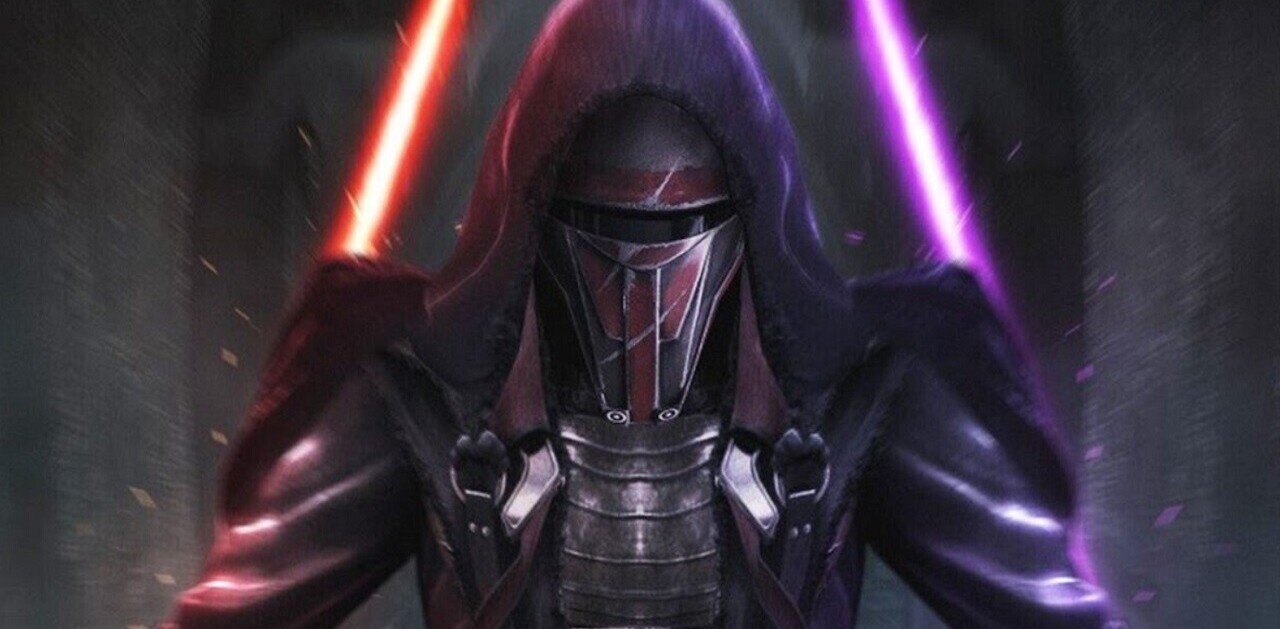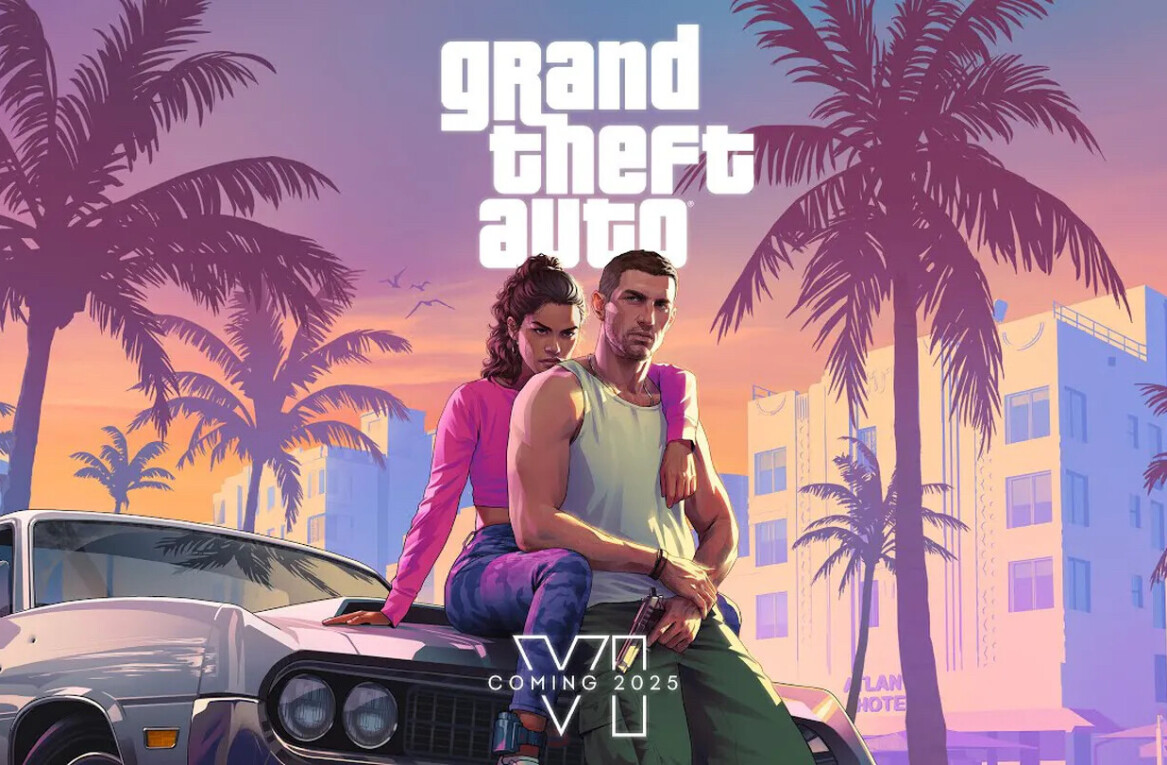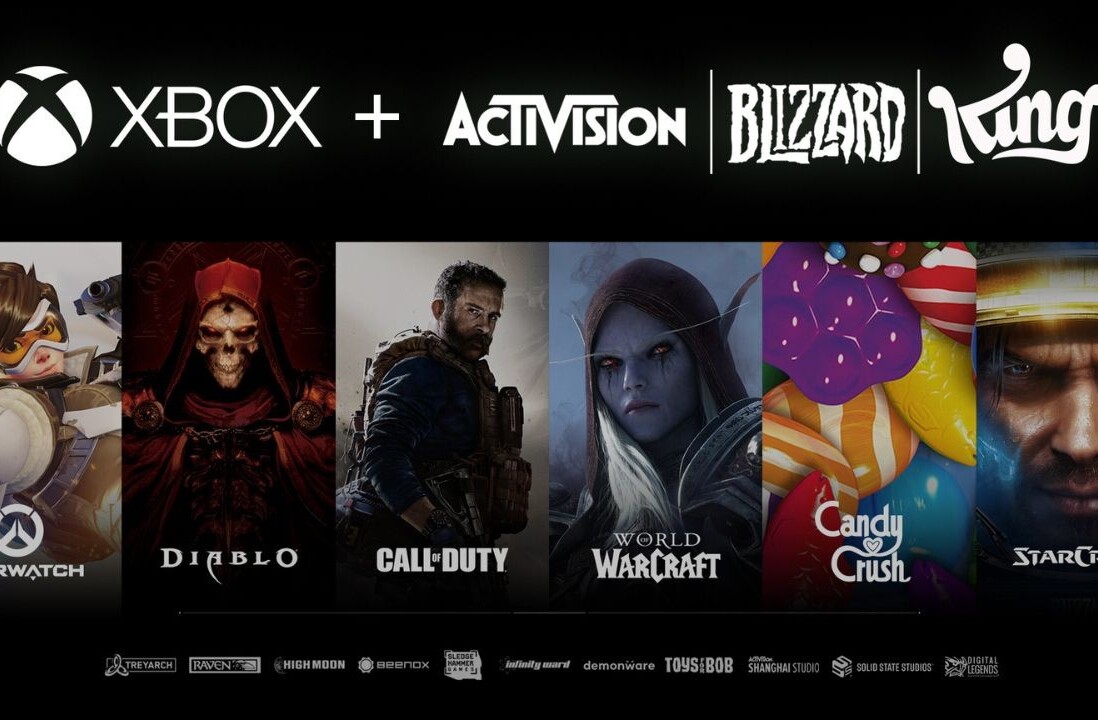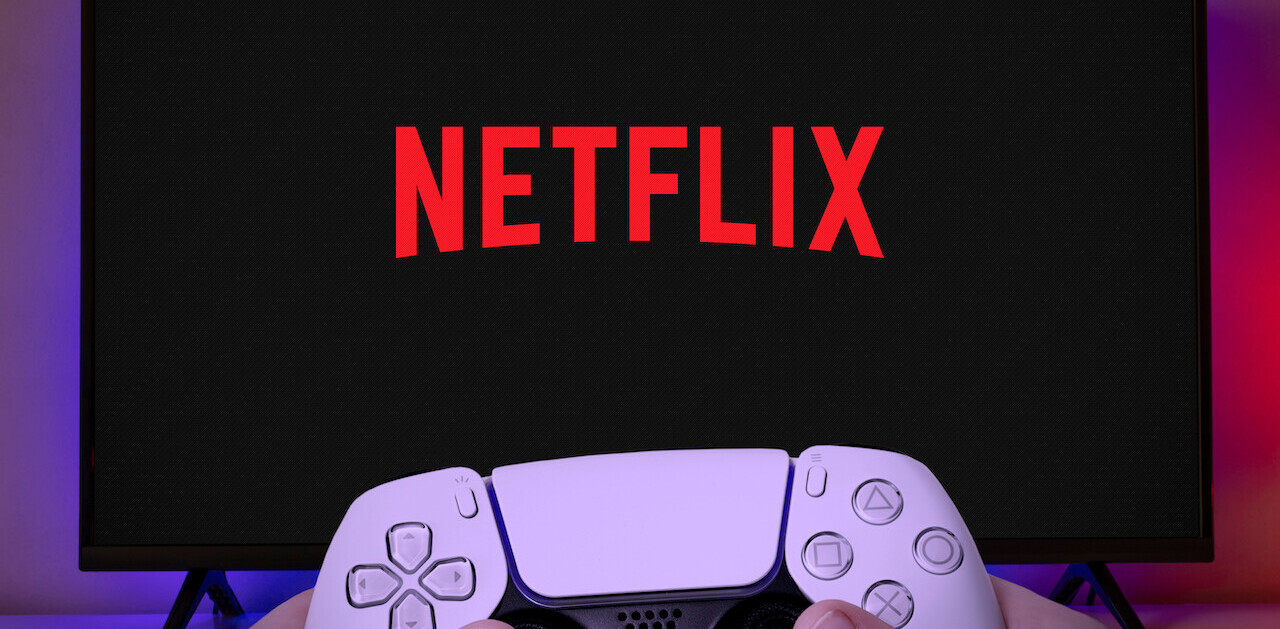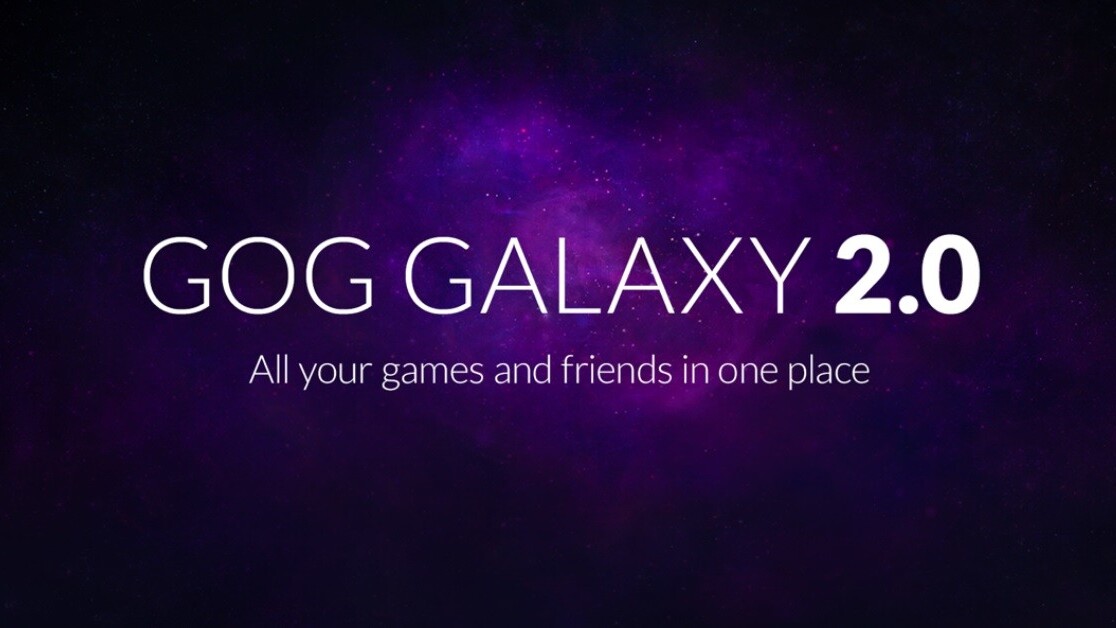
GOG, that other gaming platform, created a new launcher specifically to help everyone get all their games in one place. I finally tried it, and it’s a surprisingly gratifying experience.
The Store Wars of 2019 continue to bubble beneath the crust of the gaming industry — forever brewing into the next big shitstorm should someone dare to declare platform exclusivity. Being upfront, I only care about it on a philosophical level, in that I like to examine the arguments, but it has no bearing on my day-to-day gaming.
That being said, there is one annoying side effect of said Store Wars, and that’s launcher fatigue. Having multiple launchers for your games can get quite tiresome, and a frequent example of anti-consumerism in these platform exclusives. And it might seem like a petty complaint in the grand scheme, but Discord has already tried its hand at it with the Universal Library, so clearly it’s a complaint many are eager to resolve.
It’s getting to the point where I’m genuinely losing track of what I own and where it is. I just discovered today I own three copies of Rime because I hadn’t realized I already owned it. I almost bought Darksiders again during the last Steam sale without realizing I’d gotten it for free with Twitch Prime — it was just by happenstance I checked my Twitch launcher and realized it was already there
Yeah yeah, first world problems. Don’t @ me.
Having said that, it took me a while to set aside time to really mess around with Galaxy 2.0, which launched back in May. I assumed consolidating my games would have required me to take a break from my Fire Emblem: Three Houses playthrough (Blue Lions represent). It actually took next to no time, and the ability to customize your library makes it a dream to someone for whom good organization is as relaxing as ASMR.
Connecting the platforms is surprisingly easy. GOG’s community has already built integrations with some of the most popular platforms, including Steam, Origin, the Epic Store, and the PlayStation Network (Xbox Live is offered as an “official integration” but works much the same way). You have to enter your login credentials, but each library integrated in seconds.
Each game’s metadata is automatically filled in, along with artwork, time played (at least in the case of Steam games), and achievements if there are any. You can even sort the games by any of these — or give each game a star rating or a custom tag and sort by that. It’s the organization system of my dreams.
It’s not a perfect integration. As an example, Uplay detects its own games on other PC platforms such as Steam, so most of my Ubisoft games were displayed in the library twice over, despite them being the same install. Luckily it gives you the option to hide those — and I did, because darn it, my shelf of Assassin’s Creed games doesn’t need to be bigger.
Also, if your platform isn’t included in the list of popular integrations, you must add it manually with help from the GOG community’s Github page — but that requires actual work and we all already know how I feel about that.
Still, if you’re at all a fan of digital organization and enjoy seeing your whole library laid out in order, the new Galaxy will scratch your itch.
Get the TNW newsletter
Get the most important tech news in your inbox each week.
